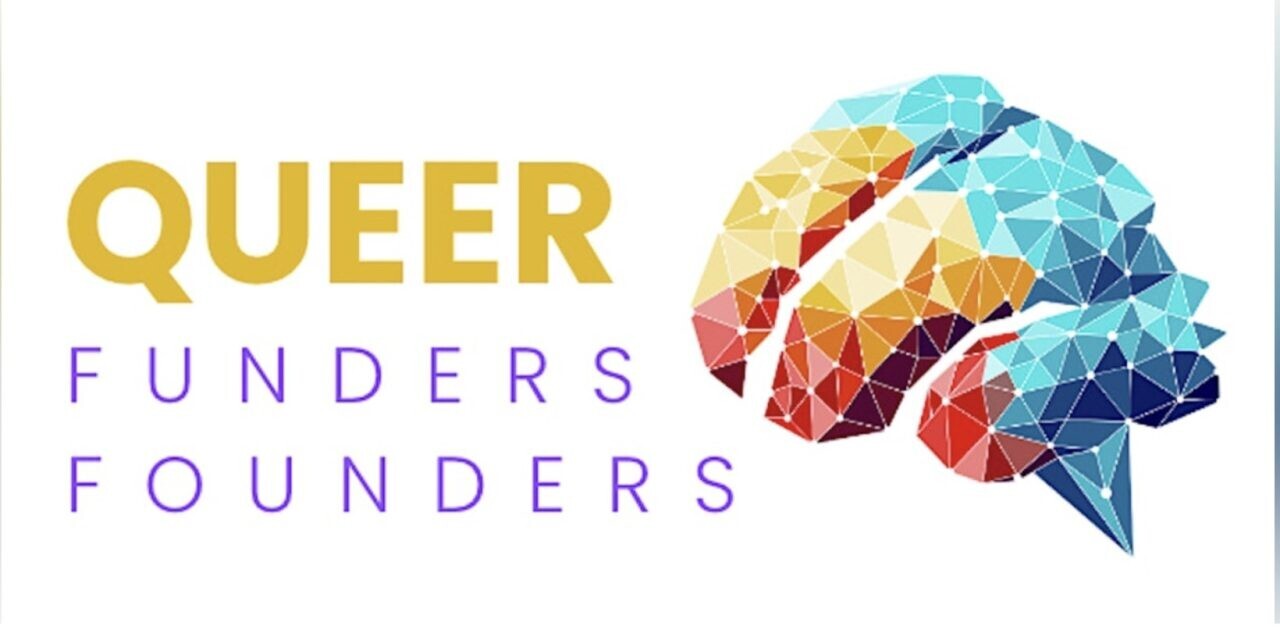
The UK Financial Conduct Authority (FCA) is warning consumers to be extra vigilant as cryptocurrency scammers are falsely claiming to have FCA accreditation.
In a statement from yesterday, the FCA warned Bulgaria-based blockchain startup Next Coin Market is misleading UK-based investors by linking to a fake website that suggests the company has been fully authorized by the FCA, despite having received no such accreditation.
“We believe Next Coin Market is an illegal organization based in Bulgaria, claiming to be an FCA authorized firm offering cryptocurrencies to UK consumers,” the statement reads.
“We have become aware they are sending consumers a link to a fake website, which gives the impression they are authorized by the FCA, when they are not,” the UK regulator continued. “This is criminal activity.”
Naturally, anyone that has been approached by Next Coin Market should flag it with the FCA. If you were unfortunate enough to fall for the scam, the FCA recommends contacting a fraud helpline like Action Fraud.
It obviously doesn’t take much time or effort to place a fake FCA logo and claim to be accredited. Claiming false affiliation is one of the oldest tricks in the book.
In the case of the FCA, you can always double-check whether the firm in question is regulated by cross-referencing the FCA’s Financial Services Register found here. If the scam company isn’t listed, it’s best to steer clear.
This instance isn’t an isolated case either, it’s been happening all over the world. Belgian authorities have been keeping a track of cryptocurrency scam websites, many of which claim fake affiliation to recognized industry authorities and regulators.
In September 2018, Belgian watchdogs had documented 28 new scam websites to add to its list of 70 sites targeting would-be investors. By the end of October this list had grown to 99 websites, and smashed past 100 by December.
Even the US Securities and Exchange Commission (SEC) had some fun, all in the name of education, when it launched a fake initial coin offering (ICO) to warn investors about the dangers of dodgy cryptocurrencies.
It seems this type of scam is a growing favorite among Bulgarian fraudsters. Last November, $3 million worth of illicitly obtained cryptocurrency was seized from a Bulgarian cartel after an investigation that began in June 2018.
Get the TNW newsletter
Get the most important tech news in your inbox each week.




